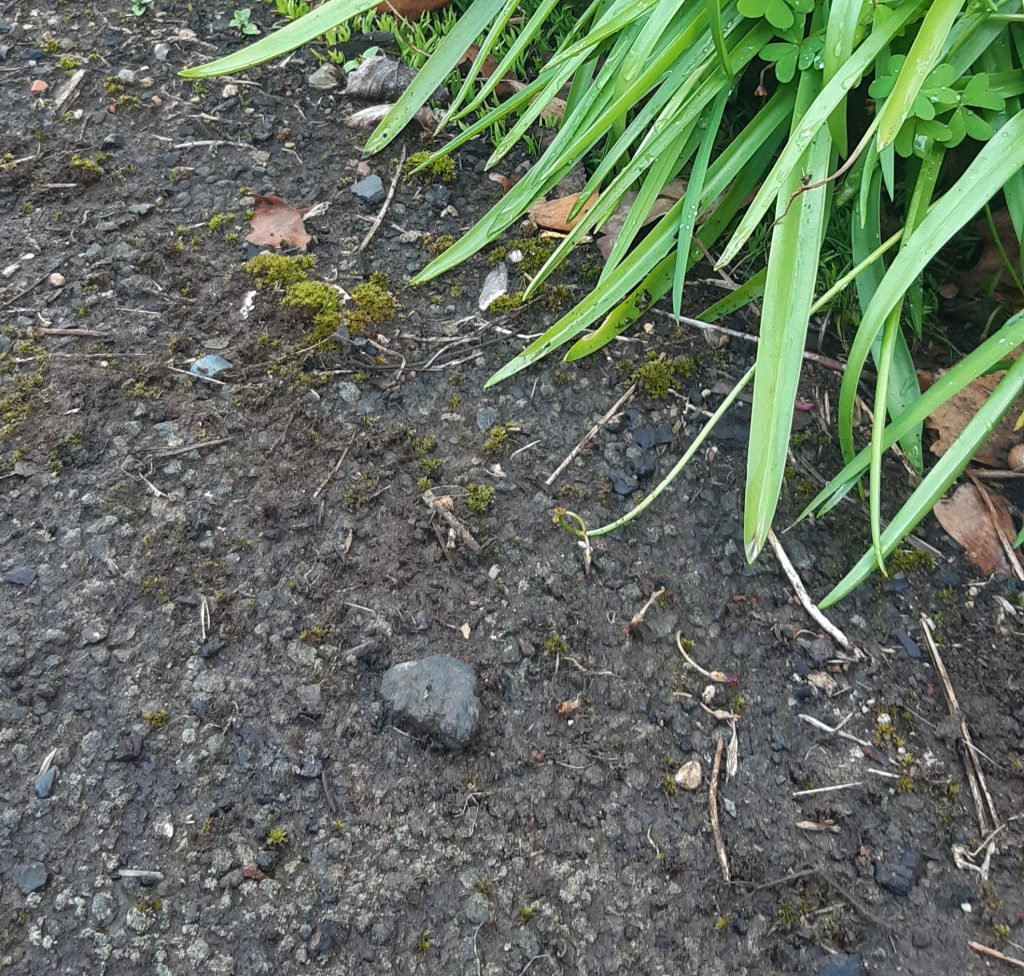SERMON 9 AUGUST 2020 | Liz Caughey |

Last week I spent a couple of summery days at the Mount with a pile of books. The one that engaged me the most was ‘A Gospel of Hope’ by Walter Brueggemann – one of the most influential theologians of our time and an authority on the Old Testament. Brueggemann is a prophetic writer, which means that he speaks into our contemporary context in a way that inspires hope for a better world through the love of God. I mention Brueggemann because I have drawn on his writing for my sermon today. I want to talk about challenging God to do the impossible, audaciousness and how we might be underestimating and limiting God.
The reading from Matthew reminded me of a day in my childhood. I was somewhere between 10 and 12 when I began to feel the gentle but persistent pull of God. God had always been in my life – but not in a way that I ever really thought about it. I’d been to Sunday School, said my prayers at night. I just accepted what I knew of God, but now I wanted ‘a sign’. So that afternoon I went out the back door and put a stone in the middle of the path – just a small one. I sat on the back step and said, ‘God, if you’re real, please move that stone.’
Now, it would have been fine for someone to come down the path and accidentally kick the stone, or for the wind to move it. I gave God plenty of leeway to send me a signal without having to go to too much trouble. God must have been rolling his eyes, figuratively speaking. How many people must have tried that one on him over the centuries. Anyway, although I kept checking the stone during the afternoon, it didn’t move. However, the fact that I even did this shows that I already believed in God’s existence. And with hindsight I can see it was my first lesson that God doesn’t answer prayers in the way or timeframe that we expect. Because I know that, even if I had set that stone in concrete in the path, if I were to go back home now, the stone would be gone.
Perhaps God understood that I had no knowledge of the larger stone that had been rolled away centuries before, such that he didn’t need to prove himself that way again. But I would like to think that God saw my child’s heart and understood that I already knew him, and that whether he moved my stone or not, I would follow him. And I did. Of course there were times when I drifted away, but in the words of NZ theologian Austin Farrer, I was ‘overtaken by the swift, determined, and accurate search of God’ many times.
I thought of this stone-on-the-path story when I read about Peter in the boat. He did pretty much the same thing. He said, ‘Lord, if it is you – if it is you, because it might just be a ghost – command me to come to you on the water.’ Although he could see Jesus, he still doubted, and so he asked for something impossible as proof.
Now this is where ‘audaciousness’ comes in, and we go back to Walter Brueggemann. When he reread his own words from earlier times, it struck him that ‘there is some audaciousness in their first utterance’. But it occurred to him that ‘his words and his ministry belong to a long chain of audaciousness that in turn is rooted in the audaciousness of the biblical witnesses themselves. That the words spoken for the first time by Moses or Job or Paul or Mark, generated worlds that did not exist before.’ Prophetic speech is always audacious. It speaks of and opens doors to new possibility.
Peter’s plea to Jesus was pretty audacious – ‘Lord, if it is you, command me to come to you on the water.’ On the face of it, a ridiculous request. And yet, he had faith that if Jesus commanded it, he could do it. Only when he doubted did he begin to sink. There’s a lesson in that for all of us.
Paul talks about how ‘…God’s power at work within us is able to accomplish abundantly far more than all we can ask or imagine…’. Brueggemann sees this comment as an invitation for us to be asking from God and imagining about God extravagantly. And not to curb our asking or our imagining, but to acknowledge how inadequately we do both, and to have more courage in asking from that abundant source. Imagine if we, in audacious faith, asked God for a wildly ambitious outcome, something outrageously impossible – what if we were to find that it came to ‘be’ because it was well within God’s power. What if we are underestimating God in this Covid-compromised world of ours? Are we asking enough of God, when there is so much the church could do with God’s immense power at work within us?
Now, audaciousness and church are two words I wouldn’t normally put in the same sentence. And yet the Gospel IS audacious – Brueggemann describes it as ‘a call out from old certainties to God’s newness’. So how do we as church practise audaciousness, in keeping with Christian history and its courageous characters. In public life there is little mention of God – we are flooded with Facebook triteness, political circus, podcasts and TED talks, and news about global viruses, war, climate disasters and social disadvantage. There is so much daunting information to process, and many people are subdued into seeking safe lives to avoid conflict and risk, and the hurt they bring.
By contrast, in church we have …. our liturgy – our hope-filled, thinking outside-the-square, uplifting and transformational liturgy. Its metaphors are a breath of fresh air in our everyday world. They speak of counter-cultural things – weakness over strength, love over power, community over individual, inclusion not exclusion, and abundance over scarcity. These powerful images ground us in and reinforce for us the reality of the kingdom of God, which is not the dominant version of reality. It is a sub-version and a ‘subversion’ of the reality of our world.
It seems that this subversive Gospel message of generosity, grace and forgiveness is our most effective path for audaciousness. In the face of the churn of the world and its worrying dysfunction, we are called to sing a different song. We are called to sing about hope, freedom, love, abundance, inclusion. And our practice of worship is a touchstone to viewing our dominant, worldly reality with a Gospel lens.
The alternative Gospel reality provides us with a playground in which we can speak prophetically of and practise radical hospitality, abundant sharing, relentless advocacy, compassionate comfort and healing. A gentle solidarity with those in need. The Gospel calls us beyond ourselves and this is critical in today’s world. Our Friday lunch is just one example. Brueggemann says – and I would apply all these words to our Friday lunch – ‘Ministry, with all the cost and joy of discipleship, is urgent among us, as urgent as it is wondrous and difficult and amazing and disconcerting.’ We need to be audacious in our ministry, too.
The end of our church service is called the ‘sending out’. We are sent out into the community to be the eyes, hands and feet of Christ. As we leave, we hear those familiar words, ‘Go now to love and serve the Lord. Go in peace’, and we respond with, ‘Amen. We go in the name of Christ’. Perhaps at our sending out to our ministry in the community, we will remember that we belong to a tradition of audaciousness, and to a God of abundance, and we might dare to ask God for more courage so that we might achieve more than we ever thought possible.
By singing our different song together, by being the poets who voice an alternative reality, we can offer a vision and a model for change. If we obey God’s commands, together in faith we can do anything, navigating wisely the strong winds that might deplete us or make us falter, and caring for each other as well as for others. In faith, knowing that our God of abundance will provide.
Amen.
Bibliography
A Gospel of Hope, Walter Brueggemann. London: Hodder & Stoughton, 2018.
Austin Farrer, printed copy. Source book unknown.

